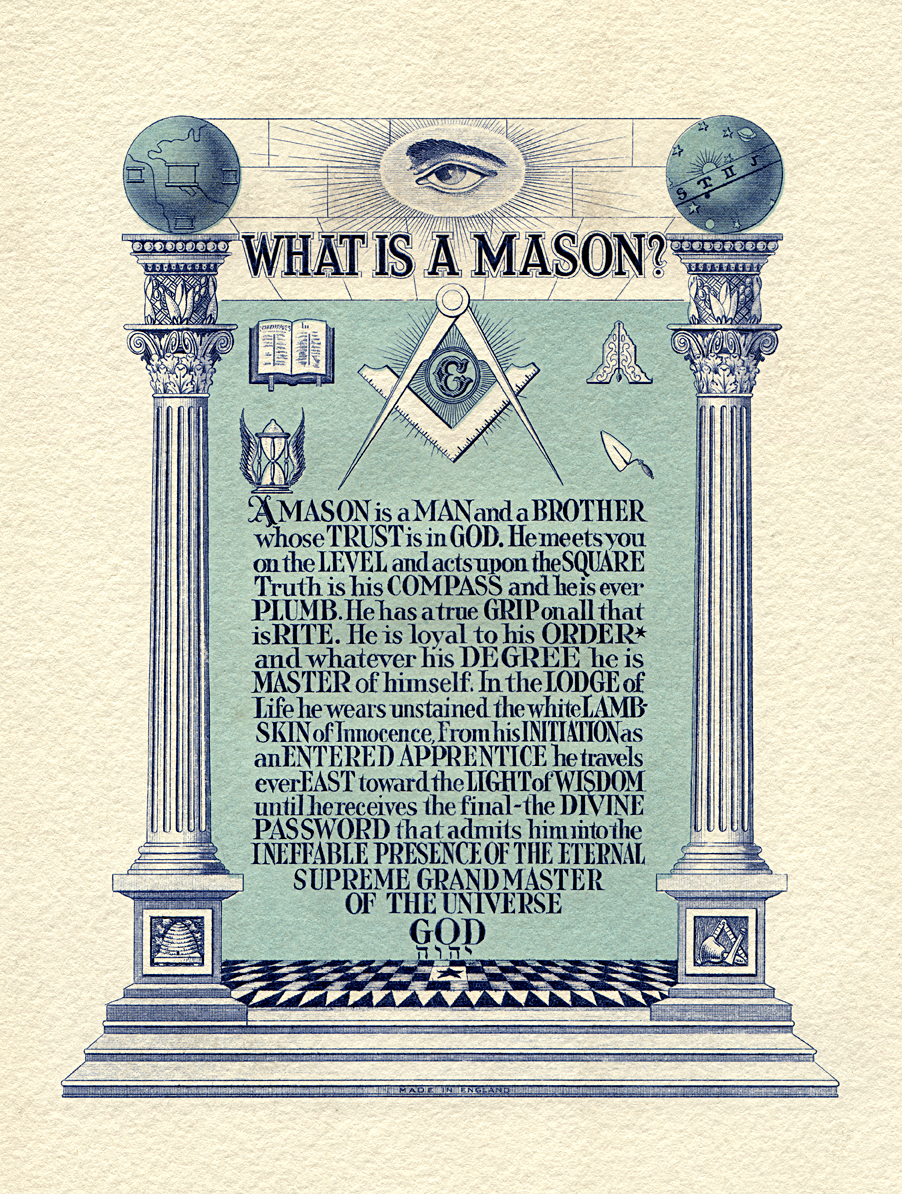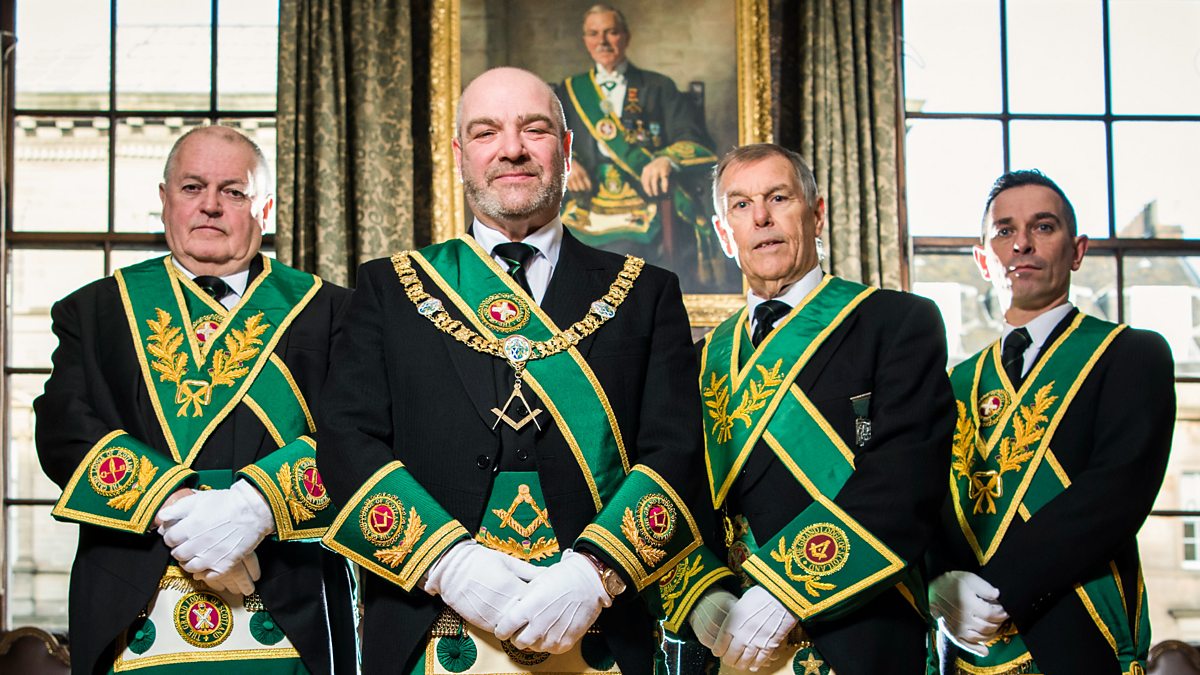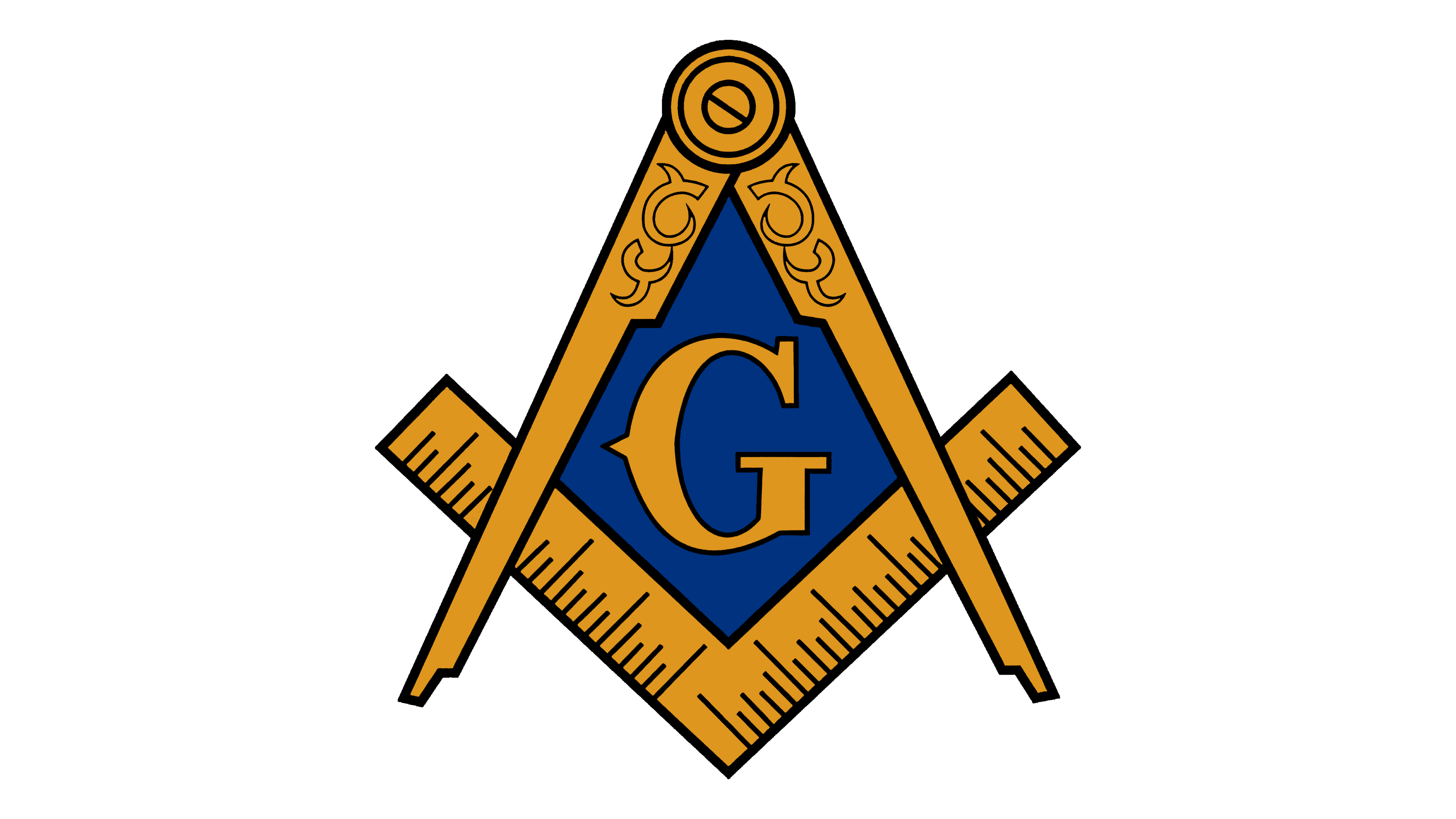Mason Smith Net Worth: A Look At The Figures Behind The Name
Have you ever wondered about the financial standing of someone named Mason Smith? It's a question many people ask, particularly as public interest in personal wealth continues to grow. Finding concrete figures for a specific "Mason Smith" can be a bit of a puzzle, especially since the name itself is quite common, you know. People are often curious about what makes individuals financially successful or how much a certain public figure might have accumulated.
This interest in someone's financial picture, or what we call net worth, really stems from a natural curiosity about success and influence. When a name like "Mason Smith" comes up, people might be trying to connect it to a known personality, perhaps someone from entertainment, sports, or even a prominent business figure. It's actually a pretty common search, looking into how much someone has, or could have, gathered over time, right?
Today, we're going to explore what "Mason Smith net worth" could mean, considering different interpretations of the name "Mason" that might be sparking your curiosity. We'll look at various possibilities and discuss how one might approach figuring out such a thing, or perhaps why it's a bit elusive, at the end of the day.
Table of Contents
- Who is "Mason"? A Look at Possible Interpretations
- Understanding Net Worth: What Does It Mean?
- Factors That Influence Wealth Accumulation
- Determining Someone's Financial Standing
- Frequently Asked Questions About "Mason" and Wealth
Who is "Mason"? A Look at Possible Interpretations
When someone searches for "Mason Smith net worth," there isn't one single, obvious person who comes to mind, which is that, perhaps, the most interesting part. The name "Mason" itself holds several different meanings, and "Smith" is, of course, one of the most widespread surnames out there. This makes pinning down a specific individual quite difficult without more context, you see.
We can, however, consider a few interpretations of "Mason" that might be behind such a search, drawing from common knowledge and even some historical references. It's really about exploring the possibilities that come with a name like that, isn't it?
The Fictional Legal Eagle: Perry Mason
One very well-known "Mason" who has captured public attention for decades is the character Perry Mason. He's a fictional criminal defense attorney, created by Erle Stanley Gardner, and has been featured in books, television shows, and films. This particular "Mason" is famous for handling incredibly difficult cases and nearly always getting his clients off, which is quite a feat, frankly.
The character of Perry Mason, as depicted in the popular television series, was brought to life by Raymond Burr. He was often seen alongside Barbara Hale, who played Della Street, and William Hopper as Paul Drake, with Ray Collins as Lieutenant Tragg. Their trials were, you know, the trials of a master criminal defense attorney, handling the most difficult cases. While Perry Mason is a fictional character, people sometimes wonder about the wealth of such successful figures within their stories. A fictional character doesn't have a real-world net worth, of course, but his profession suggests a certain level of financial success within his fictional setting, doesn't it?
Perry Mason: Fictional Biography and Details
| Name | Perry Mason |
| Occupation | Criminal Defense Attorney |
| Creator | Erle Stanley Gardner |
| Notable Portrayer | Raymond Burr |
| Associated With | Solving complex legal cases, often involving murder |
| Status | Fictional Character |
The Fraternal Connection: Freemasonry
Another prominent association with the name "Mason" comes from the organization known as Freemasonry. Masons, also known as Freemasons, belong to the oldest and largest fraternal organization in the world. It's a group that has been around for centuries, with a very rich history and tradition, and it's quite interesting, actually.
Freemasonry prides itself on its values, which include brotherhood, charity, and truth. It unites men of good character who, despite having different religious, ethnic, or social backgrounds, share a belief in a god, whatever form that might take for each individual. What truly binds Freemasons together is their shared principles and commitment to personal betterment, you see.
To become a Mason, one needs to be a man of good character and believe in a god. The minimum age varies, sometimes 18, sometimes up to 21, depending on the specific jurisdiction. There are three main degrees in Freemasonry: Entered Apprentice, Fellow Craft, and Master Mason. These degrees are, you know, loosely based upon the journeyman system, which was used to educate medieval craftspeople.
Once the craft degrees have been conferred upon a mason, he is qualified to join various concordant bodies which offer additional degrees. National organized Freemasonry, as we know it, began in 1717 with the founding of the Grand Lodge—an association of masonic lodges—in England. Today, there are more than two million Freemasons in North America, which is a pretty substantial number, isn't it?
A masonic lodge is essentially a local chapter. Its membership is restricted to men, and it exists to take good men and help them to become better men. They focus on making the maximum positive effort for their communities. It's important to understand that Freemasonry is not a secret society focused on accumulating wealth for its members; rather, it's a fraternal organization centered on personal growth and charitable work. So, a search for "Mason Smith net worth" in this context wouldn't typically refer to the collective wealth of the organization, but perhaps a misconception about individual members' finances, which is often not the case, you know.
The Craftsperson: A Mason by Trade
Then there's the most literal meaning of "mason." The meaning of mason is a skilled worker who builds by laying units of substantial material, such as stone or brick. These are the people who construct buildings, walls, and other structures, often with incredible precision and artistry. This profession has been around for thousands of years, and it's quite a foundational trade, really.
A mason by trade, a skilled builder, earns a living through their craft. Their income and, by extension, their personal net worth, would depend on factors like their experience, location, the demand for their skills, and whether they work independently or for a company. While a highly successful master mason could certainly accumulate significant assets, it's not a profession typically associated with celebrity-level wealth that would spark a widespread "net worth" search, at least not in the same way a public figure might, in a way.
Understanding Net Worth: What Does It Mean?
So, what exactly is net worth? Simply put, it's the value of all the financial and non-financial assets owned by an individual or institution, minus the value of all their outstanding liabilities. In simpler terms, it's what you own minus what you owe. This calculation gives you a snapshot of a person's financial health at a particular moment, which is quite useful, you know.
Assets can include things like cash, bank accounts, investments (stocks, bonds, mutual funds), real estate (your home, rental properties), vehicles, valuable possessions (art, jewelry), and even retirement accounts. Liabilities are what you owe: mortgages, car loans, credit card debt, student loans, and any other outstanding bills. The difference between these two figures is your net worth. It can be positive or negative, depending on the situation, you see.
For a public figure, or someone whose financial standing is a matter of public interest, net worth figures are often estimates. They are compiled by financial publications or celebrity wealth trackers who use publicly available information, property records, business dealings, and industry averages to make an educated guess. These figures are rarely exact and can fluctuate wildly, as a matter of fact.
It's important to remember that these estimates are just that: estimates. They don't always account for private investments, personal debts, or unique financial arrangements that are not publicly disclosed. So, when you see a number attached to someone's name, it's usually a well-researched guess rather than a precise figure, which is pretty common, actually.
Factors That Influence Wealth Accumulation
Many things play a part in how much wealth a person can gather over their lifetime. It's not just about how much money they make, but also how they manage it, you know. One big factor is income, of course. Someone with a high-paying job or a very successful business generally has more potential to save and invest. But income alone doesn't tell the whole story, does it?
Spending habits also matter a lot. A person with a high income who spends everything they earn will likely have a lower net worth than someone with a moderate income who saves and invests wisely. It's about the difference between what comes in and what goes out, which is pretty basic, but often overlooked, right?
Investment choices are another key element. Putting money into things like stocks, real estate, or other ventures that grow in value over time can significantly boost a person's net worth. The longer money is invested, and the more it grows, the greater the impact. It's almost like a snowball effect, isn't it?
Then there are things like inheritance, gifts, or even unexpected windfalls, like winning the lottery. These can certainly add to someone's wealth in a big way, almost overnight. On the flip side, debt can really chip away at net worth. Things like mortgages, car loans, and credit card balances reduce what a person truly owns. Managing debt effectively is, you know, a very important part of building wealth.
Economic conditions also play a role. A strong economy, with rising asset values and job opportunities, can make it easier to build wealth. Conversely, a downturn can reduce asset values and make it harder to earn and save. It's a complex interplay of many different forces, really, when you think about it.
Determining Someone's Financial Standing
Trying to figure out someone's exact financial standing, especially if they are not a major public figure with easily accessible financial records, can be quite a challenge. For most individuals, their financial information is private, as it should be. This means that for a "Mason Smith" who isn't a celebrity or a CEO of a publicly traded company, any specific net worth figure would be purely speculative, you know.
When financial publications or news outlets report on the wealth of famous people, they often rely on public records of property ownership, stock holdings in public companies, reported salaries, known business ventures, and even public statements. They might also look at typical earnings for someone in a particular profession or industry. For example, if we were talking about a real-life attorney like Perry Mason, one might look at average lawyer salaries and how long they've been practicing, which is one way to go about it, right?
However, for a name as common as "Mason Smith," without any further identifying details, it's virtually impossible to pinpoint a single individual and accurately assess their net worth. It's like trying to find a specific grain of sand on a very large beach, in a way. The information just isn't there for public consumption. To learn more about how public figures' wealth is estimated, you could explore resources on financial reporting.
If you're genuinely curious about the wealth of a particular person named Mason Smith, the best approach would be to find more specific information about that individual. This could involve knowing their profession, their location, or any public achievements that might have brought them into the public eye. Without that extra context, any number you might find would be, you know, just a guess. Similarly to understanding the general concept of personal finance, you might want to visit our page on financial literacy.
Frequently Asked Questions About "Mason" and Wealth
Is Mason Smith a real person?
The name "Mason Smith" is a very common combination of a first name and a last name. While there are undoubtedly many real people named Mason Smith in the world, there isn't one single, widely recognized public figure named "Mason Smith" whose net worth is commonly reported in major financial publications. This means that without more specific details, it's difficult to pinpoint a particular individual, you know.
What is the net worth of Perry Mason?
Perry Mason is a fictional character, a brilliant criminal defense attorney created by Erle Stanley Gardner. As a character in books and television, he does not have a real-world net worth. However, within his fictional world, his profession and success would suggest he is a financially comfortable individual, perhaps even wealthy, given the nature of his high-profile cases. But it's all part of the story, really.
Are Freemasons wealthy?
Freemasonry is a fraternal organization focused on personal improvement, brotherhood, and charity, not on accumulating wealth for its members. While individual Freemasons, like people in any large organization, may be wealthy or not, membership in Freemasonry itself does not guarantee or require wealth. The organization's purpose is not financial gain for its members, which is a common misunderstanding, as a matter of fact.

What Is A Mason

BBC Two - Secrets of the Masons

Masonic Logo Png